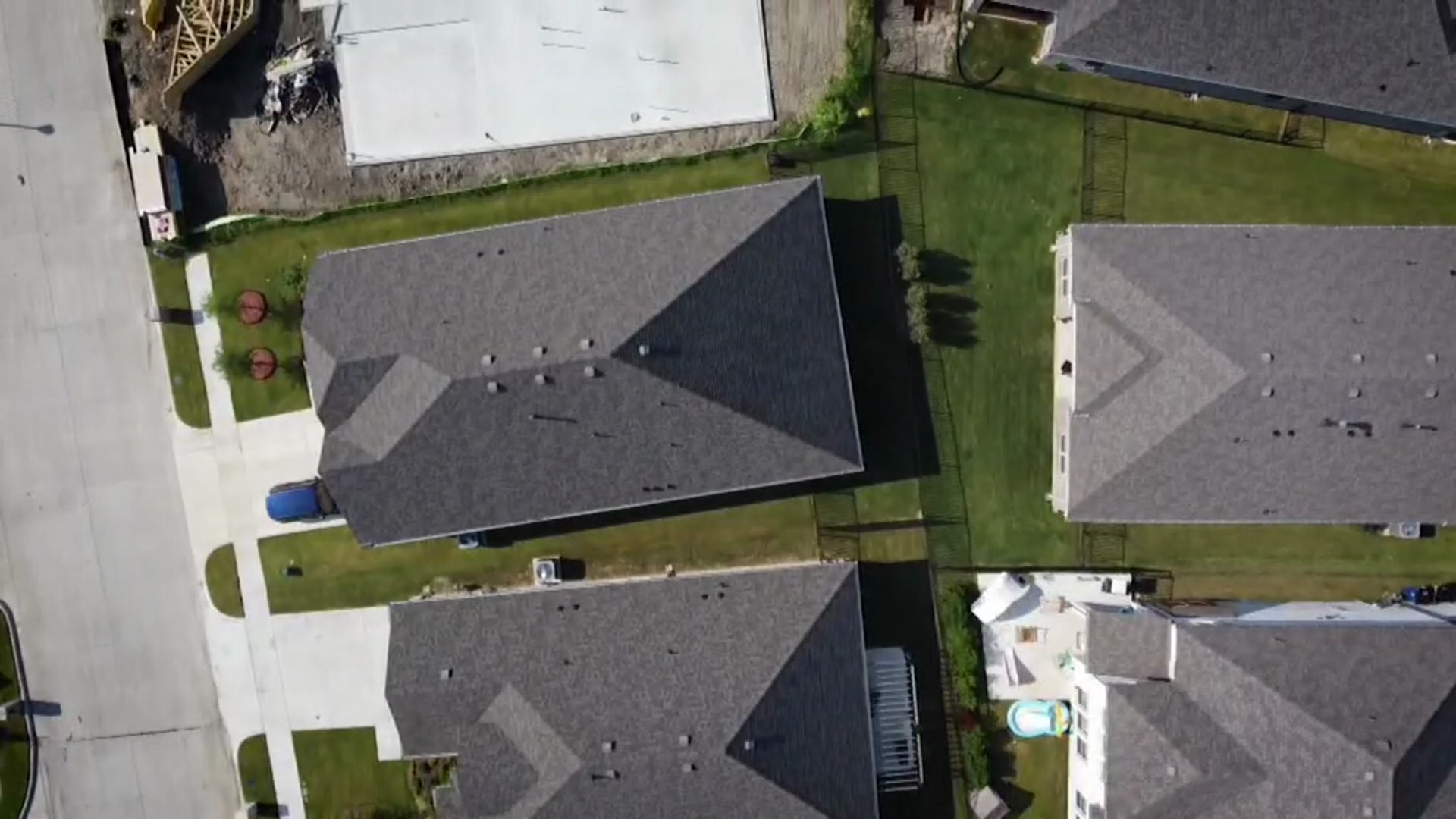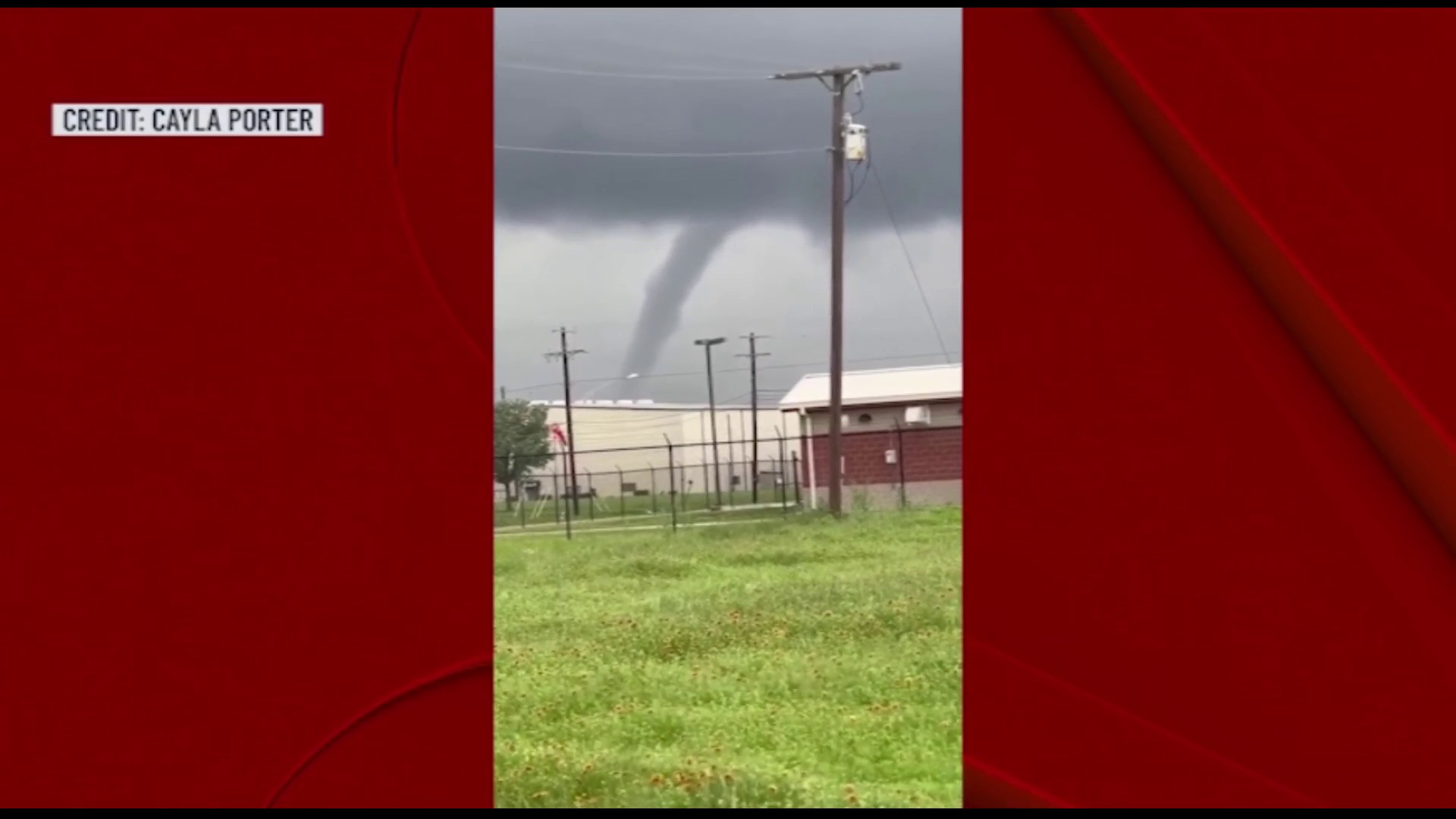My son was born happy and, thankfully, healthy in November, but a respiratory disease landed him in the hospital twice last month.
In January, baby Alexander started showing symptoms of a common cold, but it turned out to be more serious. I knew about respiratory syncytial virus but had no idea how serious it can be.
"RSV is a cold virus and usually the symptoms start with runny nose, cough, congestion sometimes with or without fever," said Dr. Tom Haddock, who treated Alexander in the emergency room at Medical City Children's Hospital
For tiny babies such as Alexander, the small airways to the lungs become inflamed, making it hard to breathe.
According to the Centers for Disease Control and Prevention, RSV causes 125,000 hospitalizations a year in infants and 214 deaths.
Haddock said RSV cases appear to be way up.
"This has probably been one of our record-breaking years," he said. "Usually, we see RSV the end of November into December, and then the flu comes along in January. We really saw flu and RSV hitting about the same time."
Local
The latest news from around North Texas.
We knew something was wrong when Alexander stopped eating and was breathing rapidly and called our pediatrician. She said it sounded like the symptoms of RSV and recommended we take him to the ER.
As a parent, how do you know if your baby has RSV? Doctors told me to count breaths. Any number higher than 60 breaths per minute is concerning.
Also, look at your child's stomach. If it appears to be retracting, that means he or she is struggling to breathe and using extra muscles.
"When you are having respiratory distress, you are [are] having to use the muscles between the ribs and above the clavicles and, of course, the stomach muscles to help you breathe," Haddock said.
Alexander, like many babies with respiratory illnesses was treated with oxygen and the suctioning of the mucus from the airways through the nose. An "NG" tube provided nutrition until the virus passed a week later.
We are still using a saline nasal spray at home and suctioning with a bulb syringe. Overall, Alexander is doing very well, and we are all happy to be home from the hospital.
There is no vaccine for RSV. There is a drug that prevents severe RSV illness, but it's expensive and is reserved for high-risk children.
Doctors told me that babies can get RSV several times per season. There is no immunity from it once they have contracted it.
The key is prevention.
Doctors say it can be tough, especially if you have older children dragging colds into your house.
Don't feel bad about keeping people away from babies during cold and flu season -- it is simply not worth it. Hand-washing and antibacterial gels are recommended often.
You can also buy masks from the drugstore. It sounds extreme, but avoiding RSV altogether is ideal.




